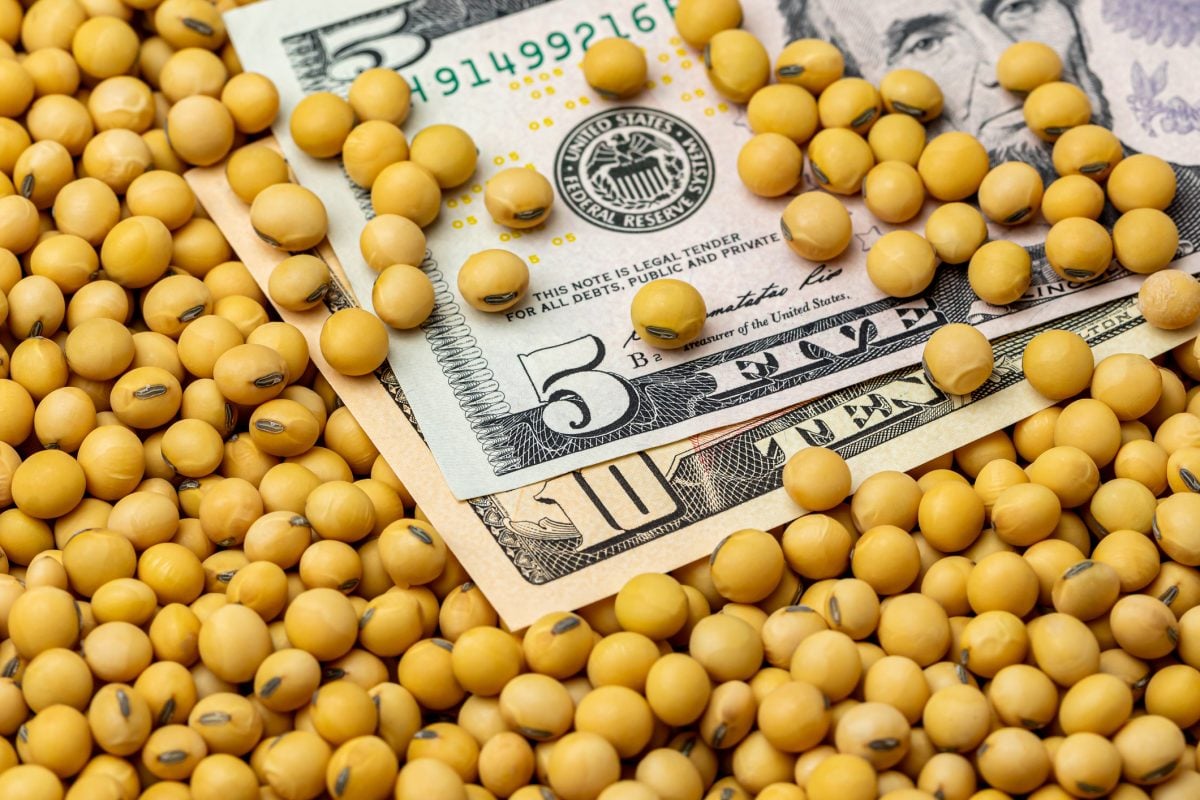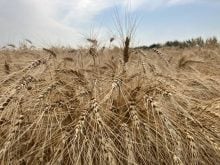Beijing/Kabul | Reuters — China has canceled Canadian agribusiness Richardson International’s registration to ship canola to China, the company said on Tuesday, the latest sign of tensions between Ottawa and Beijing.
It was not immediately clear why exports to China by Richardson, the world’s top importer of canola, had been halted.
Canada and China are locked in a dispute over trade and telecoms technology that has ensnared the chief financial officer of Huawei Technologies, the world’s largest telecommunications equipment maker, who faces U.S. criminal charges.
Read Also

U.S. grains: Soybeans set 15-month high on U.S.-China trade deal hopes
Chicago soybean futures reached their highest in 15 months on Tuesday, briefly topping $11 a bushel on optimism that the U.S. could reach a trade deal with China as leaders from both countries are expected to meet in South Korea on Thursday.
Officials at China’s General Administration of Customs did not immediately respond to requests for comment.
Richardson spokeswoman Hayley Johnson confirmed that China revoked the company’s import permit for canola, after Reuters earlier reported a document listing approved shippers posted on the website of the Chinese customs administration on March 1 showed the cancellation.
The document is a revised version of a notice first posted on Jan. 14. A note beside the entry for Richardson International in the latest document reads: “Canola export registration already canceled.”
A lasting block on Richardson’s canola exports would be a headache for Canada’s biggest grain handler and a potential blow for the country’s economy as a whole.
Oilseeds like canola, fruit and grain are Canada’s biggest China export category, making up nearly 17 per cent of all exports in 2017, the latest annual data available, according to the Asia Pacific Foundation of Canada.
ICE May canola futures closed Tuesday at $457.80 per tonne, down $5 from Monday’s close.
Canadian Foreign Minister Chrystia Freeland said she was “very concerned” by the blocked shipment.
“We do not believe there is any scientific basis for this… we are working very very hard with the Chinese government on this issue,” she told reporters in Longueuil, Que., saying the matter was of the utmost priority for Ottawa.
“We are aware of challenges our exporters have faced shipping to China — these are concerning as they create instability and add costs,” Heidi Dancho of the Canola Council of Canada told MarketsFarm on Tuesday via email.
However, she added, “while diplomatic frictions are concerning, there is no clear evidence that current challenges are linked to these frictions.”
Canadian canola, Australian coal
As the diplomatic dispute between China and Canada intensified, Beijing has detained two Canadians working in China, and on Monday accused one of them of stealing Chinese state secrets passed on to him by the other.
There had already been reports last month that Canadian canola shipments to China had been slow to clear customs amid the dispute.
“It’s been ongoing, but to have a major announcement like this was a little bit of a surprise for the trade,” a canola exporter with another company told MarketsFarm Tuesday.
Issues with re-inspection of cargoes and import permits had already caused problems for the past few months for exporters, he said.
China buys some $2.5 billion of Canadian canola per year, and a slower pace of sales would mean another hit for exporters, which also include Viterra and Cargill.
The restriction on imports of canola from a country with which links have worsened echoes moves by Chinese customs to slow clearing of Australian coal imports.
Australia’s ties with China have deteriorated since 2017, when Canberra accused China of meddling in its domestic affairs.
— Reporting by Dominique Patton in Beijing and Rod Nickel in Kabul; additional reporting by Hallie Gu in Beijing, David Ljunggren in Ottawa and Tom Polansek in Chicago. Includes files from Phil Franz-Warkentin of MarketsFarm in Winnipeg.












